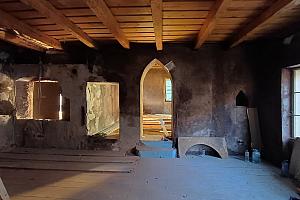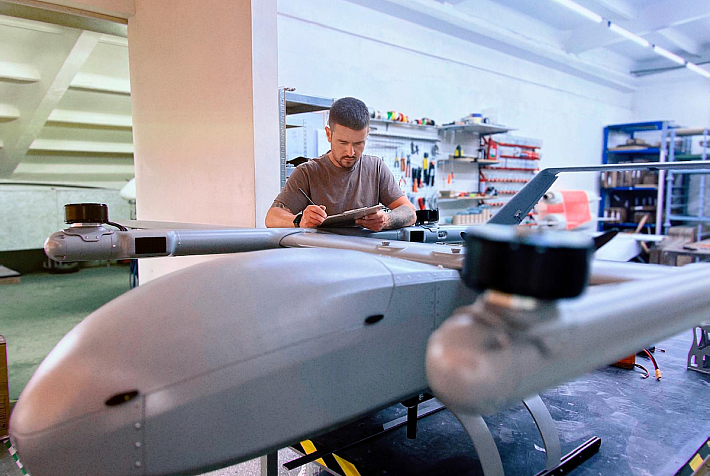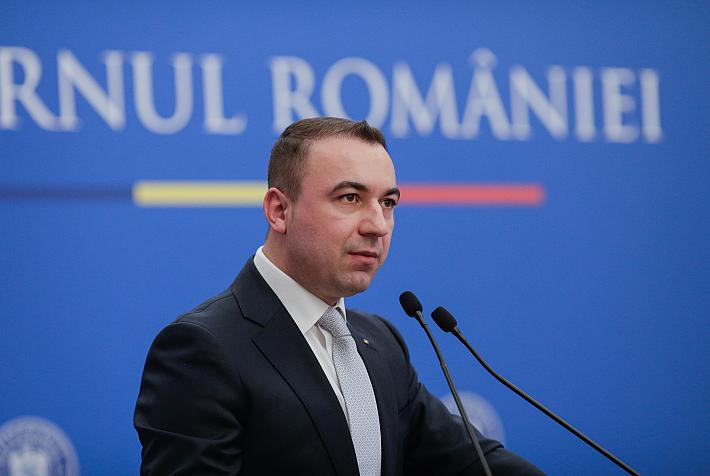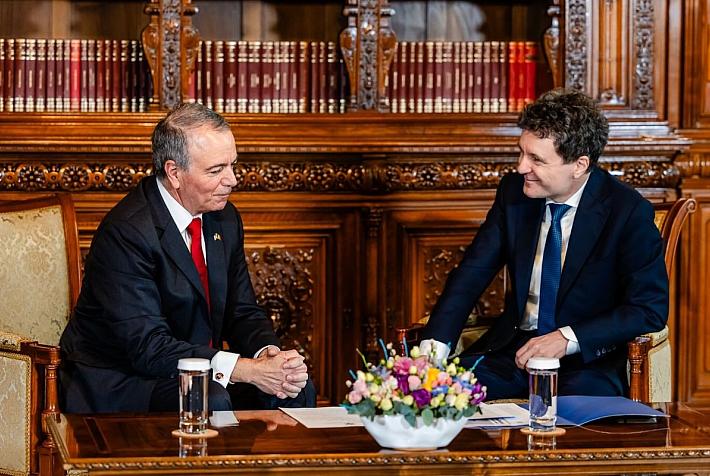Romanian Culture Ministry launches EUR 24 mln project to digitize national heritage
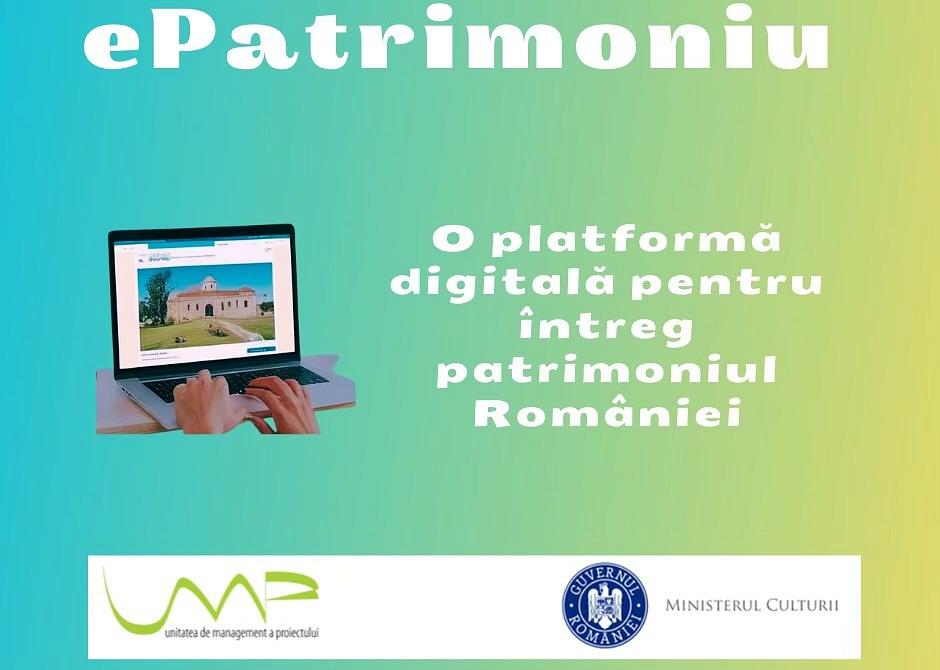
The Ministry of Culture announced on Monday, May 19, that it signed a financing contract for the ePatrimoniu project, a major initiative aimed at digitizing Romania’s cultural heritage and making it more accessible to the public. Backed by over EUR 24 million in funding, the project is set to create a digital platform that centralizes data on Romania’s mobile, immovable, and intangible heritage.
Financed through the European Union’s 2021–2027 Smart Growth, Digitalization and Financial Instruments Program, the ePatrimoniu project is implemented by the ministry’s Project Management Unit in partnership with the Special Telecommunications Service. The total eligible budget amounts to over RON 122 million (approximately EUR 24.7 million), and the project will run for 36 months.
According to the ministry, the platform will serve citizens, institutions, and cultural heritage experts by replacing paper-based procedures with streamlined digital solutions. Users will be able to access and request services such as intervention approvals on historical monuments, archaeological research authorizations, and accreditation certificates for cultural heritage experts - all online.
The new platform will unify existing databases and integrate them with national and European systems. It will provide updated information on the location of historical monuments, legal ownership status, architectural and historical descriptions, conservation state, potential risks, and photographic documentation.
In addition to improving public access, ePatrimoniu is expected to reduce administrative costs, support advanced heritage analysis, and enhance collaboration between the public and private sectors. Specialized digital services will be offered to heritage experts and owners, and interoperability with other public systems will simplify document processing and enforcement of cultural legislation, the Culture Ministry said.
Advanced technologies will play a central role in the project. These include cloud computing, big data, artificial intelligence for content organization, and 3D digitalization. Augmented, virtual, and mixed reality will also be used to make cultural content more engaging and educational.
Authorities estimate that more than 65,000 users, including specialists, researchers, civil servants, organizations, and members of the public, will benefit from the platform and its digital services.
irina.marica@romania-insider.com
(Photo source: Facebook/Ministerul Culturii)







